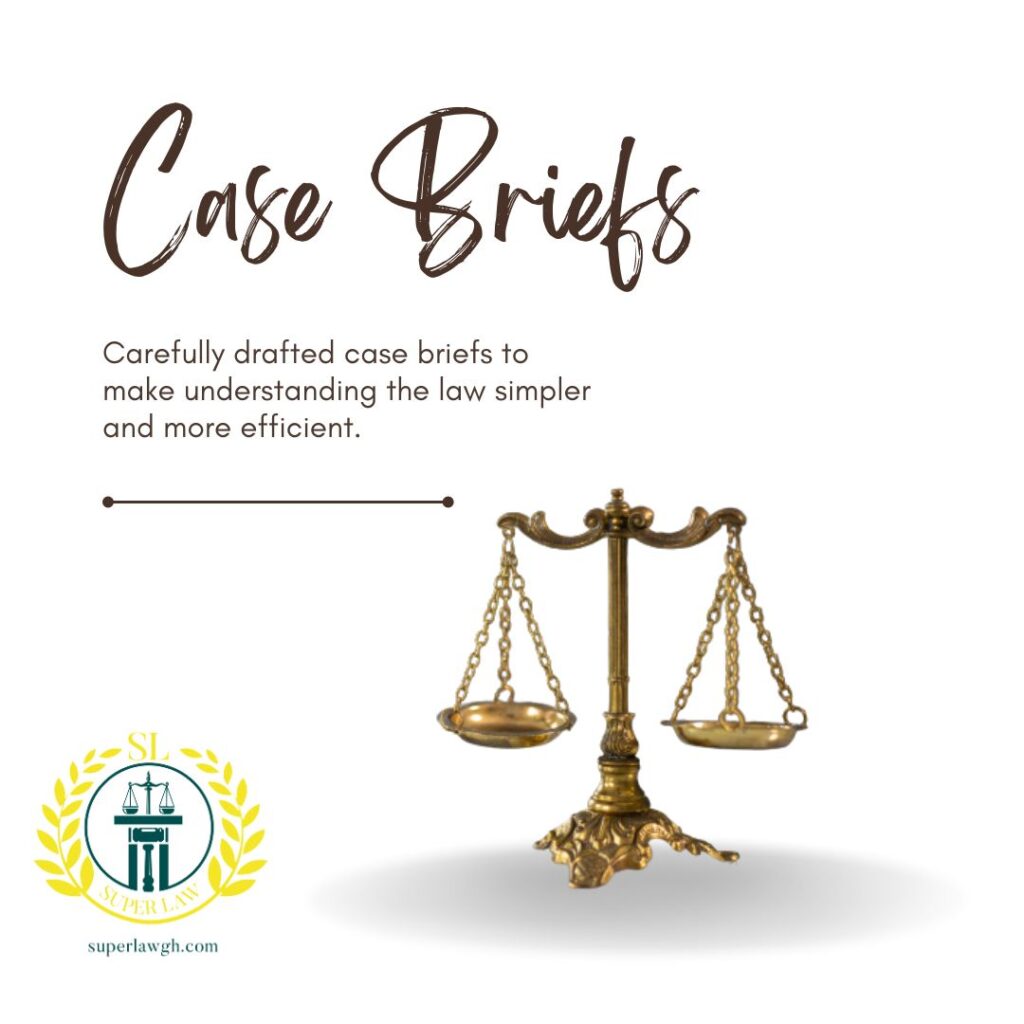Pharmaceutical Society of Great Britain v Boots Cash Chemists (Southern) Ltd [1952] 2 QB 795 (Court of Queen’s Bench)
The defendants, Boots was charged with an offence under the Pharmacy and Poisons Act 1933, Section 18, which required that sales of poisons in Part I of the Poisons List take place under the supervision of a registered pharmacist.
Boots operated a self-service system and a pharmacist at the cash desk was authorized to prevent the removal of any drug from the premises. To be able to determine whether or not an offence had been committed, the court had to establish at which point the sale actually took place.
Held: Boots had not committed the offence. The display of goods on a supermarket’s shelves
was merely an invitation to customers to make offers to buy.
LORD GODDARD CJ: I think that it is a well-established principle that the mere exposure of goods for sale by a shopkeeper indicates to the public that he is willing to treat but does not amount to an offer
to sell. I do not think I ought to hold that that principle is completely reversed merely because there is a self-service scheme, such as this, in operation. In my opinion it comes to no more than that the customer
is informed that he may himself pick up an article and bring it to the shopkeeper with a view to buying it, and if, but only if, the shopkeeper then expresses his willingness to sell, the contract for sale is completed. In fact, the offer is an offer to buy, and there is no offer to sell; the customer brings the goods to the shopkeeper to see whether he will sell or not. In 99 cases out of a 100 he will sell and, if so, he accepts the customer’s offer, but he need not do so. The very fact that the supervising pharmacist is at the place where the money has to be paid is an indication to the purchaser that the shopkeeper may not be willing to complete a contract with anybody who may bring the goods to him.
Somervell LJ Concurring:
I agree with the Lord Chief Justice in everything that he said, but I will put the matter shortly in my own words. Whether the view contended for by the plaintiffs is a right view depends on what are the legal implications of this layout—the invitation to the customer. Is a contract to be regarded as being completed when the article is put into the receptacle, or is this to be regarded as a more organised way of doing what is done already in many types of shops—and a bookseller is perhaps the best example—namely, enabling customers to have free access to what is in the shop, to look at the different articles, and then, ultimately, having got the ones which they wish to buy, to come up to the assistant
saying ‘I want this’? The assistant in 999 times out of 1,000 says ‘That is all right,’ and the money passes and the transaction is completed. I agree with what the Lord Chief Justice has said, and with the reasons
which he has given for his conclusion, that in the case of an ordinary shop, although goods are displayed and it is intended that customers should go and choose what they want, the contract is not completed
until, the customer having indicated the articles which he needs, the shopkeeper, or someone on his behalf, accepts that offer. Then the contract is completed. I can see no reason at all, that being clearly the
normal position, for drawing any different implication as a result of this layout.The Lord Chief Justice, I think, expressed one of the most formidable difficulties in the way of the plaintiffs’ contention when he pointed out that, if the plaintiffs are right, once an article has been placed in the
receptacle the customer himself is bound and would have no right, without paying for the first article, to substitute an article which he saw later of a similar kind and which he perhaps preferred. I can see no reason for implying from this self-service arrangement any implication other than that which the Lord Chief Justice found in it, namely, that it is a convenient method of enabling customers to see what there is and choose, and possibly put back and substitute, articles which they wish to have, and then to go up to the cashier and offer to buy what they have so far chosen.On that conclusion the case fails, because it is admitted that there was supervision in the sense required by the Act and at the appropriate moment of time.

